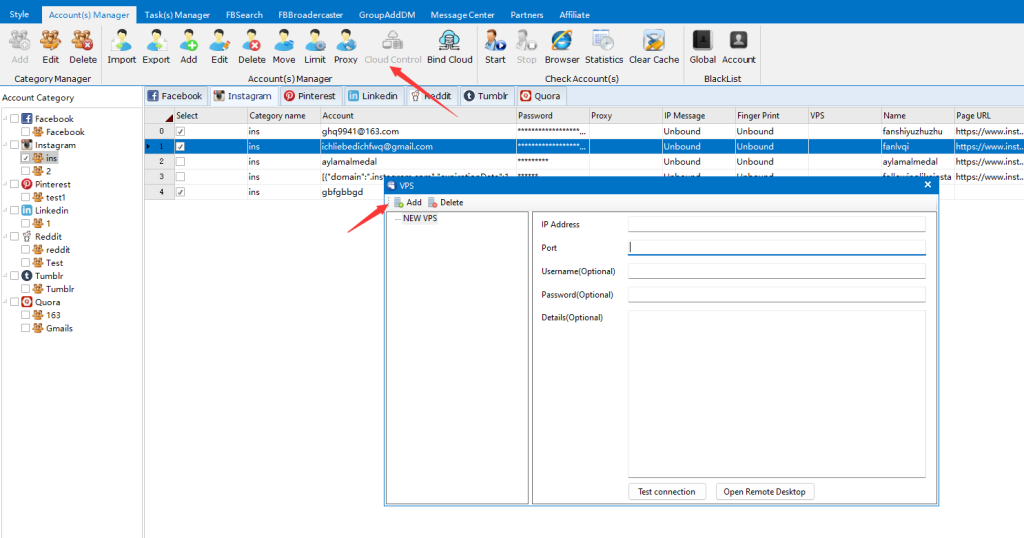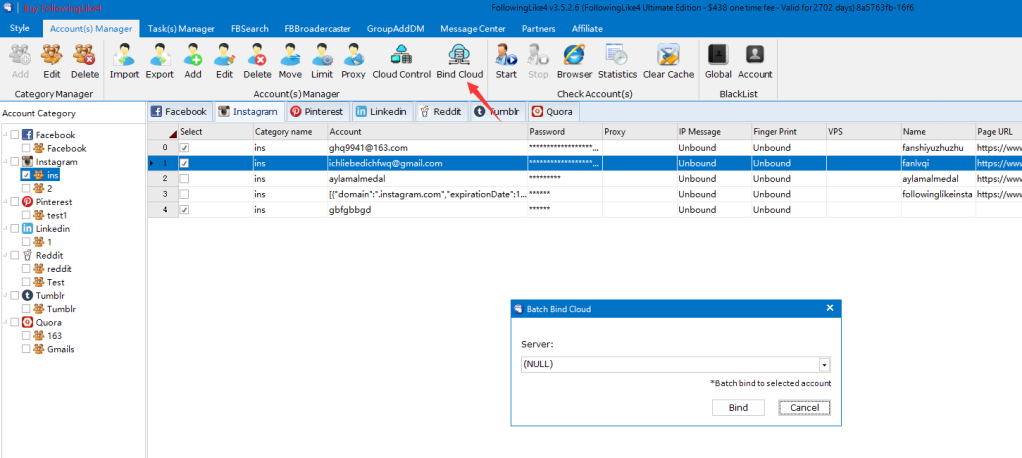A Guide on How to Use Followinglike with VPS

There are many different types of hosting, but we’re going to talk about two of them: Virtual Private Server (VPS) Hosting and Shared Hosting.
What is Virtual Private Server (VPS) Hosting?
Virtual Private Server is a type of web hosting service that allows individuals and organizations to host their websites and applications on a virtual server, which is hosted and managed by a third-party provider.
Unlike shared hosting, where multiple websites are hosted on a single physical server, a VPS offers more dedicated resources and greater control over the server environment. Each VPS is partitioned from a larger physical server and operates as a standalone server, with its own operating system, disk space, CPU, and RAM.
Users can install and configure software, create custom security policies, and manage their resources independently, making it a flexible and cost-effective option for small and medium-sized businesses, developers, and tech-savvy individuals who require more control over their hosting environment.
What is Shared Hosting?
Shared hosting is a type of web hosting service where multiple websites are hosted on a single server. Each website on the server shares the server's resources, such as disk space, CPU, and RAM.
In a shared hosting environment, the hosting provider sets up a server with a specific configuration, and multiple customers share the cost of the server, making it an affordable option for those who don't require a dedicated server. The provider typically provides a control panel or dashboard that allows customers to manage their websites, including uploading files, creating email accounts, and managing databases.
While shared hosting is generally less expensive than other types of hosting, such as dedicated or VPS hosting, it can have some drawbacks. Because multiple websites share the same server resources, if one website experiences a surge in traffic, it can affect the performance of other websites on the same server. Additionally, because the server is shared, customers may be limited in their ability to customize the server's configuration or install certain software.
Shared Hosting vs VPS Hosting: Pros and Cons
While shared hosting is the least expensive option, VPS can also offer great value for money – the trick is knowing which type of hosting you’ll need. Most beginner and personal websites will be more than prepared with the features of shared hosting. But, if you’re setting up an online store or a site that’s likely to outgrow those basic furnishings, then you’ll want to upgrade to the more scalable and personalized offerings of vps hosting.
| Hosting Type | Pros | Cons |
|---|---|---|
| Shared Hosting | - The cheapest type of hosting - Designed for beginners and tech novices - Decent performance on static and low-traffic websites | - No dedicated resources - Higher security risks - Sites you share a server with will affect your performance |
| VPS Hosting | - Great value for money - More customizable control - Scalable plans that grow with your website | - Slightly more expensive than shared hosting - Requires basic technical knowledge - You'll need to have a vague idea of how much storage and bandwidth you want |


Once you bind your vps with Followinglike, you can run all your tasks on the vps.



